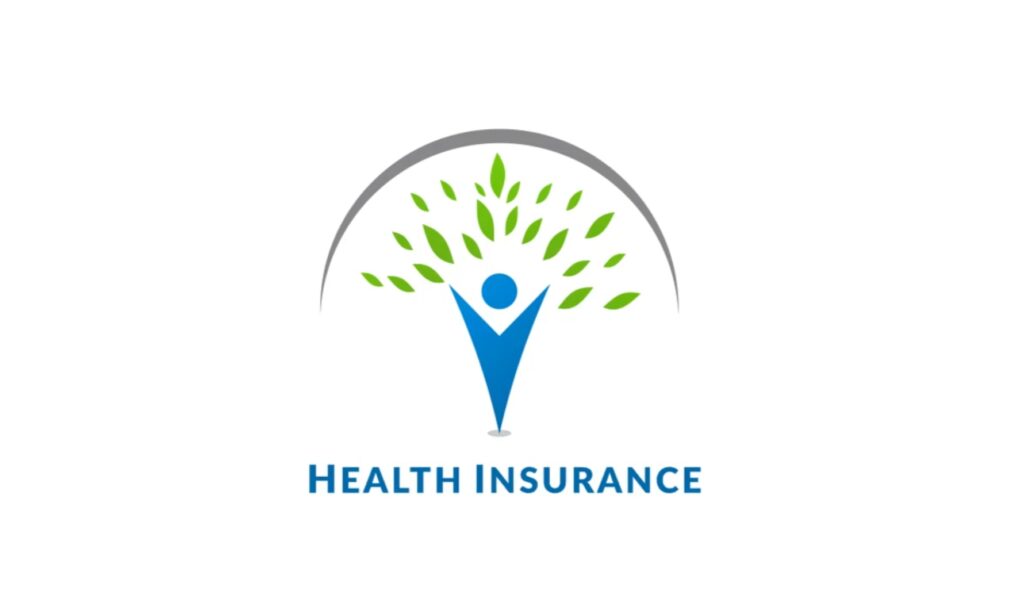
Health insurance has become a non-negotiable part of financial planning in the modern world. With skyrocketing medical expenses, the increasing prevalence of lifestyle-related diseases, and the constant threat of health emergencies, health insurance is not just a smart investment—it’s a necessary shield for your finances and well-being.
In this comprehensive guide, we explore why health insurance is essential, the different types of health insurance plans, their features and benefits, and how to choose the right policy for you and your family.
✅ Why Health Insurance is a Must-Have Today
1. Rising Lifestyle-Related Diseases
Modern life is riddled with stress, poor dietary choices, sedentary habits, and pollution—leading to a sharp rise in diseases like diabetes, hypertension, obesity, and heart ailments, even among young adults. These diseases require long-term treatment, expensive medication, and frequent doctor visits. Health insurance provides financial coverage for these chronic illnesses, enabling early intervention, ongoing care, and access to top medical professionals.
2. Soaring Medical Costs
From consultation fees to hospitalization and advanced diagnostics, healthcare costs are escalating every year. A surgery that cost ₹2 lakh a few years ago may now cost ₹5 lakh or more. Without insurance, this could wipe out your savings or plunge you into debt. Health insurance cushions the blow of inflated medical bills by covering hospitalization, medication, diagnostics, surgery, and post-treatment recovery.
3. Access to Quality Healthcare
Without adequate financial backup, many are forced to compromise on healthcare standards. Health insurance ensures access to top-tier hospitals, experienced specialists, and the best treatment options, especially if you choose a plan with a high sum insured or no room rent limits. You won’t need to delay or forgo necessary treatments due to lack of funds.
4. Financial Protection for the Whole Family
Family floater plans offer comprehensive protection for all members—spouse, children, and even dependent parents. One policy handles medical emergencies for the entire family, offering peace of mind and financial security during uncertain times.
5. Unpredictable Medical Emergencies
Health emergencies can strike anyone, anytime. Be it an accident, heart attack, or sudden illness, health insurance ensures immediate hospitalization without upfront payment at network hospitals. This means timely treatment without financial stress.
6. Tax Benefits Under Section 80D
Health insurance premiums qualify for income tax deductions under Section 80D of the Income Tax Act:
- Up to ₹25,000 for self, spouse, and children.
- Additional ₹25,000 for parents (below 60).
- Up to ₹50,000 for senior citizen parents.
- Up to ₹1,00,000 if both you and your parents are senior citizens.
🛡️ Benefits of Health Insurance
- Covers Hospitalization & Medical Bills
- Cashless Claim Facility at Network Hospitals
- Free Annual Health Checkups
- Coverage for Pre & Post-Hospitalization Expenses
- Maternity, OPD, and Daycare Procedures
- No Claim Bonus (NCB) for Claim-Free Years
- Mental Health and Alternative Treatments (in select policies)
🧾 Types of Health Insurance Plans in India
1. Individual Health Insurance
This policy covers a single person. The premium is based on age, health condition, and sum insured. Ideal for those who want personalized coverage.
2. Family Floater Health Insurance
A single plan covers the entire family under one premium. Best suited for young couples with children or joint families, offering cost-effective and hassle-free protection.
3. Senior Citizen Health Insurance
Designed for individuals above 60 years, these plans often come with higher premiums but are tailored to address age-related health issues. They may also include coverage without medical tests and pre-existing condition benefits after a waiting period.
4. Critical Illness Insurance
Provides lump-sum payment upon diagnosis of life-threatening diseases such as cancer, stroke, heart disease, or organ failure. This sum helps manage treatment, recovery, and loss of income.
5. Maternity and Newborn Insurance
Covers prenatal and postnatal care, delivery expenses, and vaccination or neonatal care for the baby. Often available as a rider or add-on to a base policy.
6. Personal Accident Insurance
Provides coverage in case of accidental death, partial or total disability. This policy is crucial for individuals exposed to physical risks at work or in transit.

7. Top-Up & Super Top-Up Plans
These plans increase your coverage limit at a lower premium once a base deductible is met. Useful if your existing insurance may fall short during a major illness.
💡 Key Features to Look for in a Good Health Insurance Policy
🔹 Wide Network of Cashless Hospitals
Ensure your insurer has a vast network of hospitals offering cashless claim settlements—including top private hospitals in your area.
🔹 Room Rent & ICU Limits
Choose policies with no cap on room rent and ICU charges, so you don’t pay from your pocket for hospital upgrades.
🔹 Pre & Post-Hospitalization Cover
Look for 60 to 180 days of pre/post-hospitalization expenses coverage, including diagnostics, medicines, and consultations.
🔹 Daycare Treatments
Make sure your policy covers daycare procedures like cataract surgery, dialysis, and chemotherapy that don’t require 24-hour hospitalization.
🔹 Co-payment Clause
Opt for a zero co-payment policy to avoid sharing medical bills during hospitalization.
🔹 Low Waiting Period
Choose policies with minimal waiting periods for pre-existing diseases (like diabetes, hypertension, thyroid, etc.).
🔹 No Sub-limits
Avoid policies that impose sub-limits on treatment costs, room rent, or disease categories. These can reduce claim amounts significantly.
🔍 How to Choose the Right Health Insurance Plan
- ✅ Assess your health needs and medical history.
- ✅ Choose coverage based on family size, age, and budget.
- ✅ Compare premiums vs. coverage features.
- ✅ Check claim settlement ratio of the insurer.
- ✅ Read customer reviews and ratings.
- ✅ Choose customizable plans with relevant add-ons.
- ✅ Consult an insurance advisor if unsure.
🧘 Benefits of Early Health Insurance
- 🔹 Lower premiums for younger buyers.
- 🔹 No medical tests required initially.
- 🔹 Accumulate No Claim Bonuses faster.
- 🔹 Get coverage before onset of lifestyle diseases.
- 🔹 Better access to comprehensive plans and riders.
🌍 Global Perspective: What the U.S. Report Says
According to the Institute of Medicine (IOM), over 40 million people in the U.S. were uninsured, and studies have found that:
- The uninsured delay or avoid care even in critical situations.
- Preventive care and chronic disease management is lower in uninsured groups.
- Financial strain affects families, communities, and the nation due to unpaid medical bills.
Final Thoughts: Why Health Insurance Is Non-Negotiable
Health insurance is more than just a financial product—it is a lifeline that protects your health, your savings, and your peace of mind. With the right plan, you get access to world-class treatment without financial worries.
Whether you’re a single professional, a young parent, a senior citizen, or someone managing a pre-existing condition, there is a health insurance plan tailored for you.